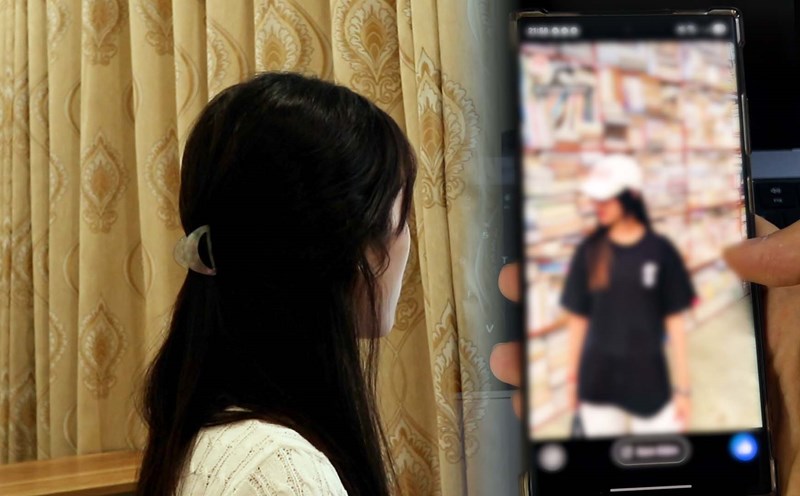Postpartum depression - the quiet darkness behind closed doors
According to data from the Ministry of Health, about 10% of Vietnamese postpartum women experience depression, but worryingly, 50% of these are not detected and treated promptly. As a result, many mothers fall into a state of isolation, psychological crisis and can lead to dangerous behaviors such as hand, abdominal duct, neglect or harm their children.
In particular, in urban areas, economic pressure, rushed living and lack of family cohesion make women more vulnerable.
Three months after giving birth to her first child, Ms. Le Thu Thao (Dong Da district, Hanoi) still cannot forget her suffocation when facing the sound of her child crying alone at night. The young mother suffered from almost continuous insomnia, rapid weight loss, and became tense and confused.
"There were nights when my child cried all the time, I stood watching with my legs shaking, hugging and crying at the same time. I felt helpless, then came up with the idea of staying asleep, don't wake up anymore, it will feel so much easier," Thu Thao said in choked up.
Ms. Thao gradually accepted and did not share with anyone. It was not until her sister discovered the scratches on her hand that Thao was taken to the doctor by her family and discovered that she suffered from moderate postpartum depression.
Ms. Thu Thao's story is not unique. Ms. Mai Lan (Ba Dinh District, Hanoi), the mother of a 4-month-old baby girl, once did not dare to hold her baby for fear of harming him. "Every crying sound is like a knife in my ear. I was afraid even when I was up, just hoping my child would sleep, but when I fell asleep, I was worried about whether I would still breathe. My mind was so chaotic that I could not distinguish between legitimate worries and obsessions, Mai Lan shared.
Multi-purpose expectations and urban loneliness push women into a deadlock
Sharing with reporters, psychologist Mai Viet Duc - Nhan Hoa Viet Psychological Counseling and Therapy Center - explained: "Portspective depression is not only due to hormonal changes but also comes from social pressure on women. You have to be good at taking care of your children, good at being a wife, good at maintaining your appearance, and even maintain your work and career. When they don't do everything well, they easily blame themselves, thinking that they are not good at it."
According to experts, the modern urban environment with a closed lifestyle and lack of community communication makes postpartum mothers more lonely. Even when living together, many mothers still feel lonely because they do not receive real sharing from their husbands and family. The coldness or indifference of the husband is the factor that pushes women closer to the brink of depression, the expert analyzed.
Faced with this situation, Mr. Mai Viet Duc emphasized that it is important for both mother and family to identify signs of postpartum depression so that no one has to struggle alone in the dark.
Mothers, more than anyone else, need to learn to be tolerant of themselves. Caring for children is not a race to become a perfect mother. They need to allow themselves to get tired, make mistakes, and not hesitate to ask for support from relatives or the community, said the expert.
Participating in mother-child groups, adoption clubs or simply chatting and sharing with women in the same situation will also help mothers find empathy and motivation to overcome.
And most importantly, when feelings of sadness and anxiety last for more than two weeks, accompanied by insomnia, loss of appetite or the occurrence of thoughts of harming oneself or children, mothers need to boldly seek professional support from doctors and psychologists, the expert emphasized.








